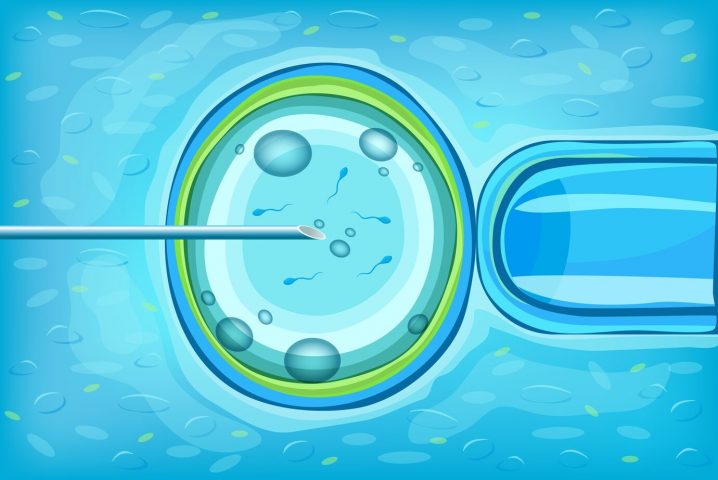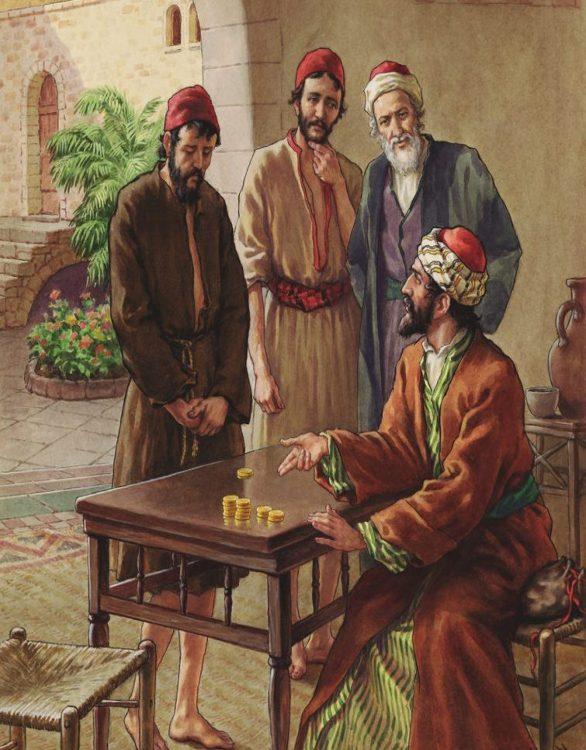Made, Not Begotten: Why We Said “No!” to In Vitro Fertilization, by Nathanael Blake

Report: Fr. Thomas Rosica Accused of Sexual Assault, Loses Priestly Faculties, by Dorothy Cummings McLean
August 30, 2024
Live Action President Lila Rose: ‘Trump is Losing Pro-Life Votes’, by Tyler Arnold
August 30, 2024
macrovector 84k assets Free vector in vitro fertilization scientific concept. Freepik
By Nathanael Blake, Catholic World Report, August 29, 2024
Nathanael Blake, PhD, is a Postdoctoral Fellow at the Ethics and Public Policy Center. His primary research interests are American political theory, Christian political thought, and the intersection of natural law and philosophical hermeneutics. …
(Editor’s note: This essay was posted originally on March 22, 2024.)




